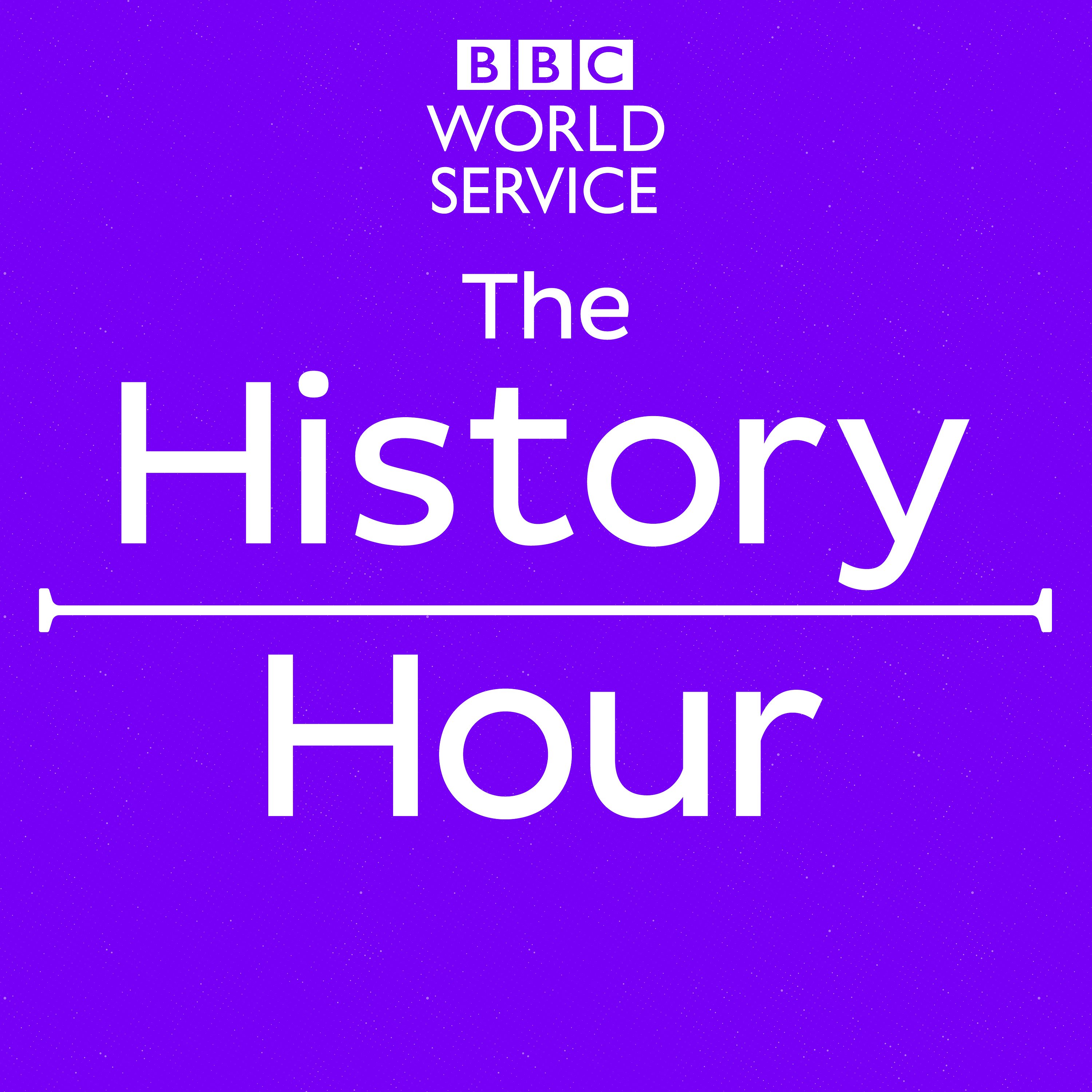Uruguay's smoking ban and the Carnation Revolution
Description
Max Pearson presents a collection of this week’s Witness History episodes from the BBC World Service.
We first hear about Uruguay’s tale of David v Goliath - when a tobacco giant took South America's second-smallest country to court over its anti-smoking laws.
Uruguay’s former public health minister María Julia Muñoz describes the significance of the ban and its fallout.
And we shed some light on the wider history of the use of tobacco, its long and controversial history, with Dr Sarah Inskip, a bio-archaeologist at the University of Leicester in the UK.
Plus, the largest search operation in aviation history - ten years on, little is known of the fate of MH370 and the 239 people on board.
Also, Sister Rosemary Nyirumbe on how her sewing school in northern Uganda served as a place of rehabilitation for child soldiers escaping Joseph Kony’s Lord's Resistance Army.
Then, the Carnation Revolution - how Europe’s longest-surviving authoritarian regime was toppled in a day, with barely a drop of blood spilled.
Finally, in August and September 1939, tens of thousands of children began to be evacuated from Paris. Colette Martel, who was nine at the time, describes how a pair of clogs made her feel welcome.
Contributors:
María Julia Muñoz - Uruguay’s former public health minister.
Dr Sarah Inskip - A bio-archaeologist at the University of Leicester in the UK.
Ghyslain Wattrelos - Whose wife and two children were on flight MH370.
Adelino Gomes - Witness of the 1974 Carnation Revolution.
Colette Martel - Child evacuee in World War Two.
(Photo: An anti-tobacco installation in Montevideo. Credit: Reuters/ Pablo La Rosa)
More Episodes
We hear about the half-clay, half-grass exhibition match between Rafael Nadal and Roger Federer. Argentinean creative entrepreneur and tennis fan Pablo del Campo tells Uma Doraiswamy how he made the iconic court possible in May 2000. Fiona Skille, professor of Sports History at Glasgow...
Published 11/16/24
We hear about Polish war hero Irena Sendler who saved thousands of Jewish children during the World War Two.
Expert Kathryn Atwood explains why women’s stories of bravery from that time are not as prominent as men’s.
Plus, the invention of ‘Baby’ – one of the first programmable computers. It was...
Published 11/09/24
Published 11/09/24


